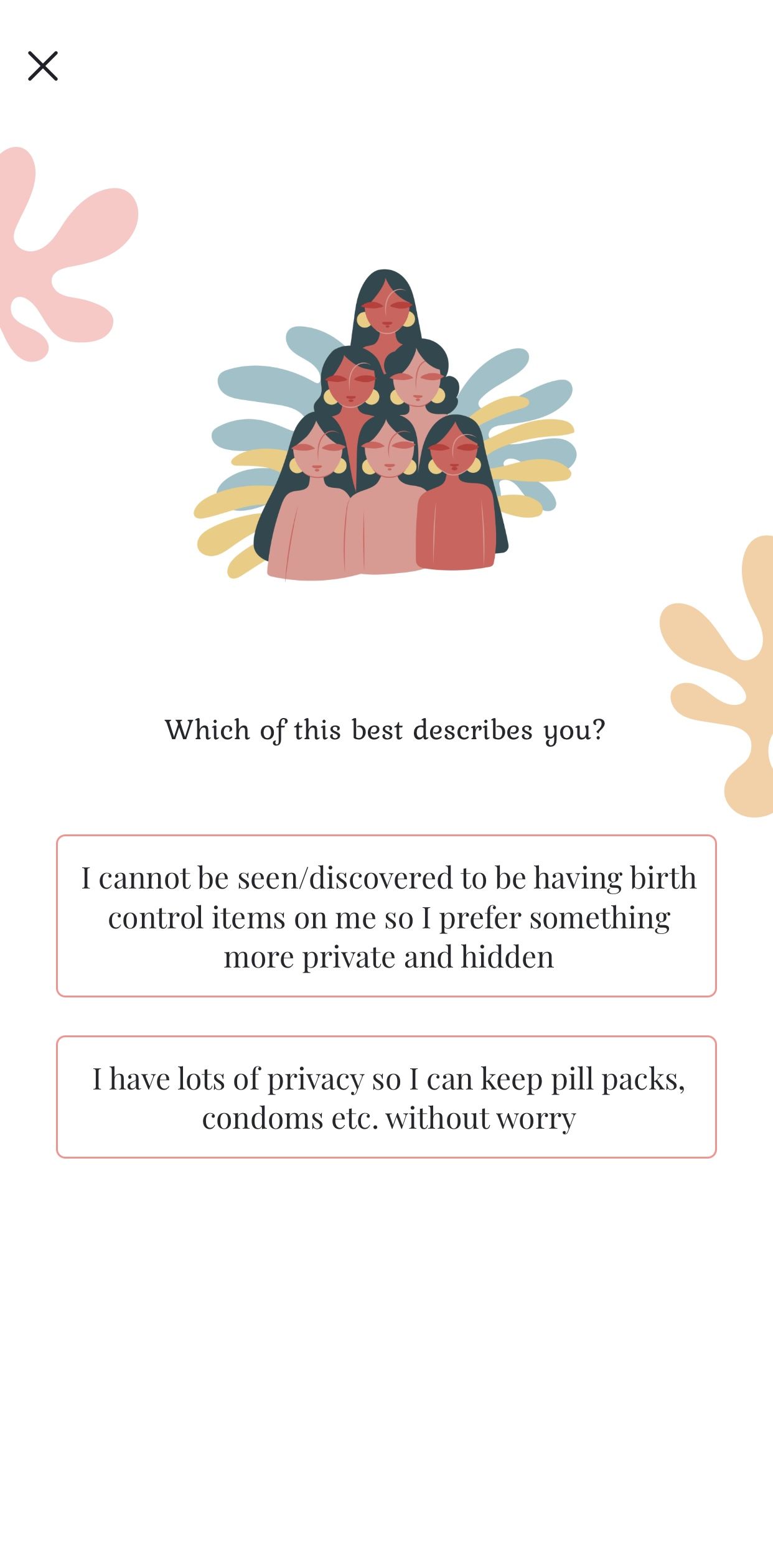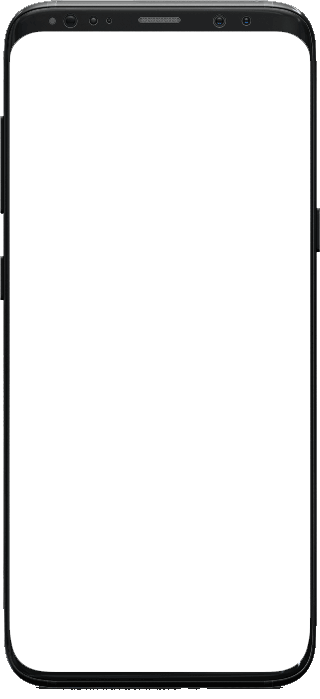Although contraceptive pills are safe to take, the choice between which ones to take will be decided by a doctor based on an assessment of several underlying physical conditions you may have. Birth control pills that are safe to be consumed every day are the daily oral contraceptive pills. Emergency contraceptive pills (also known as the Morning-After Pill) known by popular brands like iPill and Unwanted72, on the other hand, are not developed for daily or for that matter, regular consumption.
Daily oral contraceptive pills are of two types – the combined oral contraceptive pill (COCP) AKA Combination birth control pill and the Progesterone/Progestin-only pill (POP or Mini Pill). The pill is one of the most popular methods of contraception. The combined pill contains a mixture of estrogen and progestin (the synthetic form of progesterone). The Progestin-only pill (or mini pill), as the name suggests, does not contain estrogen and uses only progesterone for birth control.
When taken correctly, both pills are 99% effective at preventing pregnancy. But since people are not perfect and it’s easy to forget or miss the pill, it is 91% effective in reality. Basically, the pill needs to be taken for a period of 21 days at a stretch, at the same time every day, for it to be most effective (these 21 pills are called ‘active pills’). The combined pill has several beneficial effects in regularising the menstrual cycle by reducing heavy and painful periods, and PMS symptoms like mood swings, etc. It also helps with several symptoms of PCOS like acne, hair fall, and so on (there are specific formulations for this). As a result, the combined pill is often the most preferred contraceptive pill of choice in comparison to the mini pill/progestin-only pill. However, if one is overweight and smokes, or has a history of blood clots and health issues in their family, or is in the first six weeks of breastfeeding, among several other such contraindications, then the COCP is not preferred and instead, doctors tend to advise the use of the progestin only pill.
The COCP/ combination pills work to prevent pregnancy by preventing the ovaries from releasing an egg (this is called ovulation). So if an egg is not there to meet a sperm, fertilisation will not happen and so pregnancy is avoided. It also thickens the cervical mucus, making it harder for the sperm to travel up.1 The mini pill (progestin-only pill) also stops ovulation but not consistently. So in the case of the mini pill, should you choose it, it is extremely important to take the pill everyday at almost the exact same time.2
While the pill has many benefits, one must also be aware of its side effects, which are usually quite short lived. After you start taking the pill, your periods may be irregular, more frequent, may stop, or become lighter. Side effects like spotty skin or breast tenderness, bloating and spotting might be also seen. Some women may not experience any side effects at all, and some may stop using the pills because of these side effects. However, in a majority of cases, the side effects of the pill clear out in a few months!
Also, remember that pills do not protect against sexually transmitted infections! To stay protected against STIs (Sexually Transmitted Infections), you will need to use condoms as well as the progestogen-only pill.3





